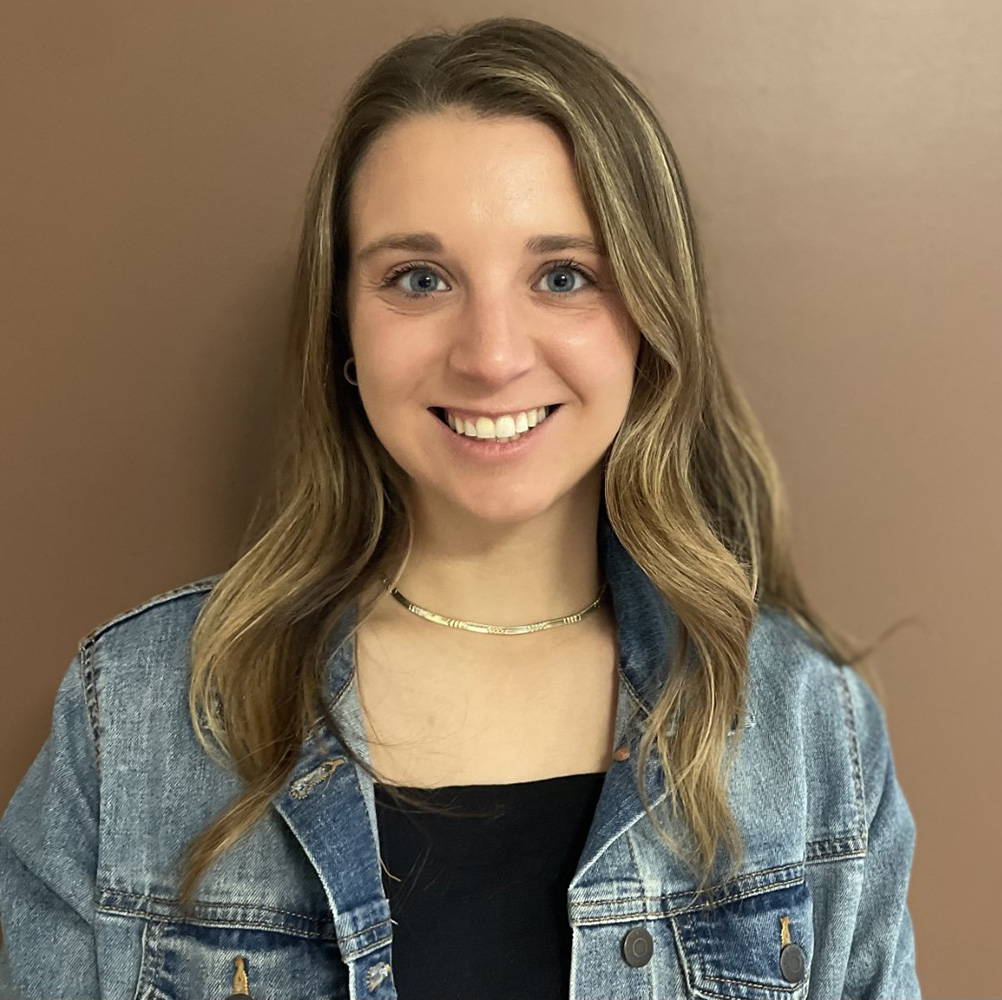
The term “autism” refers to a diagnosis in the Diagnostic and Statistical Manual of Mental Disorders, 5th edition (also known as DSM-5) called autism spectrum disorder (ASD or autism for short). A person can be diagnosed with autism at any time, but symptoms generally appear and are diagnosed in the first few years of life. Autism may or may not have a co-occurring diagnosis of an intellectual impairment, language disorder or another neurodevelopmental, mental or behavioral disorder.
There have recently been notable differences in perspectives surrounding the autistic community, specifically when it comes to the language surrounding the diagnosis. For example, April is now considered Autism Acceptance Month to go beyond awareness, and to promote not only education about autism but also understanding and respecting the differences of autistic individuals.
Another change is utilizing identity-first language. This includes using the phrases “autistic person” or “autistic individual” instead of “person with autism.” The idea behind this is that autism is a part of a person’s being and it is not something to be ashamed of.
The language used to describe autism and autistic individuals should be strength-based, focusing on building up each unique individual as they build new skills and developmental stages in life with a focus on their strengths and interests. This shifts the perspective to “What are your strengths?” instead of “What are your challenges?” and allows these strengths to be used to help individuals reach goals.
Important Things to Know About Autistic Individuals:
- They have different ways of learning, thinking and reacting to things.
- They feel emotions intensely.
- They are passionate and enthusiastic about specific topics and what they love.
- They prefer consistency and sameness.
- They have different levels and forms of communication (speaking and non-speaking).
- They can feel sensory stimuli from the environment more or less intensely.
- There is a wide range of severity levels of autism based on the amount of support an individual may need.
- They are introspective and see the world differently.
Autistic individuals may have difficulty safely and independently participating in daily activities, school or work, play, sleep or interacting with others. Contact your child’s doctor if your child is not meeting developmental milestones and/or experiencing any of the following characteristics:
Social Communication and Interaction Skills
- Not responding to their name by 9 months of age.
- Not using gestures by 1 year old.
- Does not point to show you something interesting by 2 years old.
- Does not show an interest in pretending by 3 years old.
- Not singing, dancing or acting by 5 years old.
- Abnormalities in eye contact or body language.
- Reduced sharing of interests or emotions.
- Lack of facial expressions and non-speaking communication.
- Difficulties with imaginative play.
- Difficulties with making friends or having a lack of interest in peers.
- Difficulty understanding others and their own emotions.
Restricted or Repetitive Behaviors or Interests
- Gets upset by minor changes.
- Abnormal and intense interests.
- Must follow certain routines.
- Flaps hands or rocks body frequently.
- Focuses on parts of objects.
- Unusual eating, picky eater or eats the same food every day.
- Over- or under-responsiveness to sounds, smells, touch, pain, textures or visual input.
Other Possible Characteristics
- Seizure or epilepsy disorder.
- Delays in motor skills.
- Unusual sleeping habits.
- Difficulty with potty training.
- Hyperactive or low energy.
- Unusual emotional reactions.
Early diagnosis and intervention are more likely to have long-term positive effects on symptoms. Therefore, it is important to contact your physician as soon as possible to get referrals for services such as occupational therapy, speech therapy and applied behavior analysis. Autistic individuals have the potential to live meaningful and functional lives.
If you suspect your child could have autism, call 502-588-4343 to schedule an appointment with UofL Health – UofL Physicians. If your child has autism resulting in speech issues or delays, visit UofL Health – UofL Physicians – Speech-Language Pathology. UofL Health also has psychiatric locations and providers, including UofL Health – Peace Hospital, that provide behavioral health services if your child needs them.









